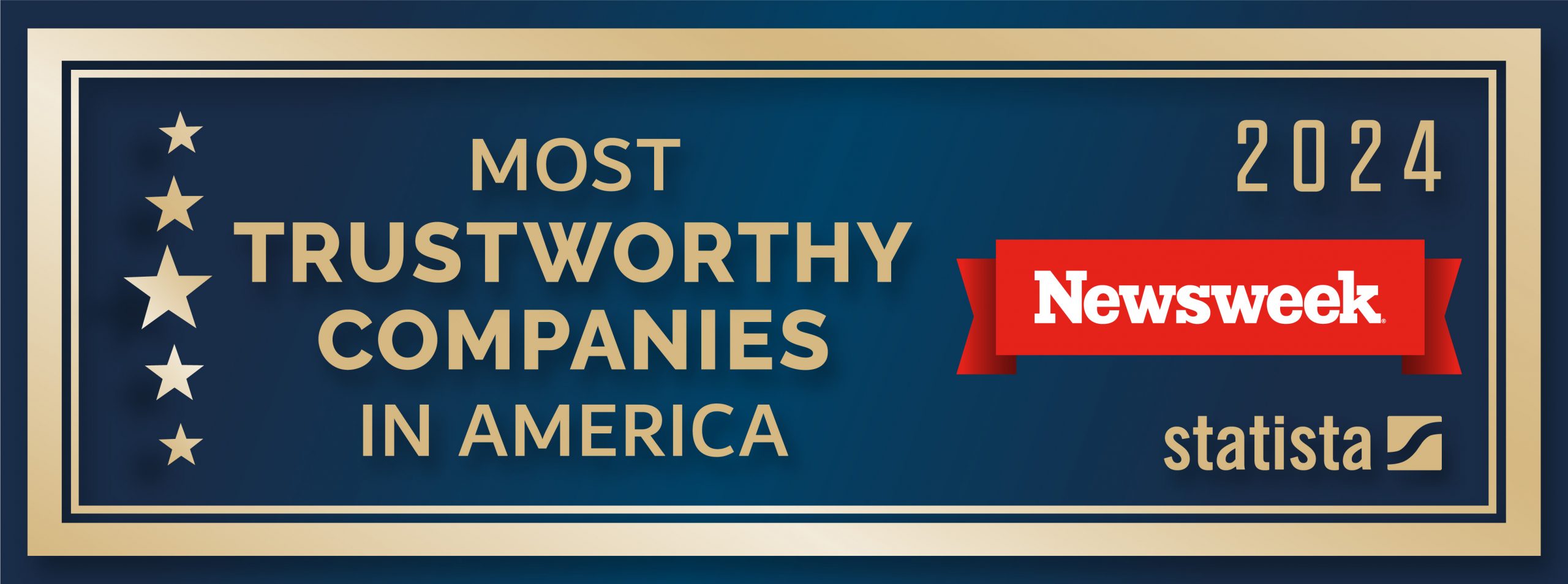Educator Respones To Funeral Ethics Organization Letter Critical of ABFSE, ICFSEB
 Donna Collard, Director of Funeral Service Education, John A Gupton College, in response to a letter written by Lisa Carlson, executive director of the Funeral Ethics Organization, which was posted on ConnectingDirectors.com.
Donna Collard, Director of Funeral Service Education, John A Gupton College, in response to a letter written by Lisa Carlson, executive director of the Funeral Ethics Organization, which was posted on ConnectingDirectors.com.
The following letter from Donna Collard was provided by Memorial Business Journal
This letter is in response to the e-mail correspondence received on April 8, 2010. Ms. Lisa Carlson called for the U.S. Department of Education and the Council on Higher Education Accreditation (CHEA) to ?require that the ABFSE make significant improvements to the curriculum content and accrediting policies within the next 12 months.?
The premise for the complaints made by Ms. Carlson is based on the information in the National Board Exam Study Guide, which is produced by the International Conference of Funeral Service Examining Boards, and not the ABFSE. The study guide for the National Board Examination is simply a guide, and is not a comprehensive review of the ABFSE curriculum that is taught by Mortuary Colleges. The following are a list of issues that Ms. Carlson states are not covered by the ?Study Guide?.
?The study guide for the test has nothing on operating a crematory or on contemporary cremation issues, such as, Can you ship cremated remains by Fed Ex? No.?
The National Board Exam Study Guide, Volume IX, 2007, pages 34-35,
#1 Discuss different forms of dispositions (e.g., cremations, burials, anatomical donations)
#26 Coordinate disposition of cremated remains
#42 Present cremated remains, and obtain a signed receipt from family
These statements in the Study Guide indicate that the student will be tested on the curriculum required by the ABFSE.
The ABFSE Outline ? Directing addresses Cremation on pages BM 2 ? 18 -19.
In response to the question regarding whether or not Fed Ex will ship cremated remains, the cremains are normally shipped by the Postal Service by registered mail, and that is what is taught. Southwest Airlines has recently been reconsidering their policy to not ship human remains, and perhaps at some point in time Fed Ex will reconsider their policy.
Ms. Carlson states ?Prepaid funerals are not mentioned at all. The failure to test for knowledge of the Federal Trade Commission?s Funeral Rule is astounding, as violators are now at risk of $16,000 fines for failing to give a General Price List to a consumer in a timely way, among other FTC requirements.?
The National Board Exam Study Guide, Volume IX, 2007, pages 34 ? 35,
#8 Discuss FTC requirements: a. General Price List, b. Service offerings;
#22 Explain previously established pre-need agreements
#45 Explain the difference between funded and non-funded pre-need funeral arrangements
#46 Explain the difference between revocable and irrevocable funded pre-need funeral arrangements
#50 Explain the differences between guaranteed price, and non-guaranteed price pre-need funeral contracts
#51 Explain insurance funded pre-need funeral contracts, and trust funded pre-need funeral contracts
The ABFSE Outlines ? Directing, page BM 2 ? 7 covers pre-need.
The ABFSE Outline ? FTC contains the entire Funeral Rule.
Ms. Carlson states, ?Instead, there seems to be a preponderance of curriculum attention to embalming, an option more and more consumers are declining because of cremation or an interest in green burials.?
According to Cremation Info: everything you wanted to know but were afraid to ask, Online, ?the projected percentage of deaths that will be cremated in the United States for 2010 is 36.03%.? That leaves 63.97% of deaths that are not cremated. There will be a large percentage of that percent that will be embalmed. Also, some cremations are not direct cremation meaning that some families will elect to have the body embalmed for funeral purposes and then cremated. The embalming process is a very complex surgical process requiring knowledge of anatomy, chemistry, microbiology, pathology, embalming procedures, instruments, embalming chemicals, restorative art, and embalming ethics. It only stands to reason that it would require more training than cremation. The ABFSE curriculum covers a vast amount of material related to death within its ?432? pages, including Psychology, Counseling, Sociology, Funeral Directing, Funeral Service Merchandising, Small Business Management, Business Law, Mortuary Law, Accounting, Computers, Anatomy, Chemistry, Microbiology, Pathology, Embalming, and Restorative Art.
Ms. Carlson states, ?mortuary students say they are still being taught that embalming protects the public health, at odds with information from the CDC.?
I have not been able to locate the information from the CDC regarding embalming not protecting the public health. According to Robert G. Mayer, ?the postmortem multiplication of systemic and translocated microbes may begin within 4 hours of somatic death and reach peak densities of 3.0 to 3.5 x 10 to the 6th power of organisms per milliliter of body fluid or per gram of body tissue within a 24 to 30 hour postmortem interval.? That is approximately 3 to 3.5 million microbes per milliliter (30 ml = 1 oz.) of body fluid. And those microbes could be MRSA, tuberculosis, hepatitis, HIV, or hundreds of other disease-causing organisms. Mayer also states that ?embalming chemicals react with the proteins within bacteria and destroys the bacteria (both pathogenic and nonpathogenic) reducing the likelihood of the body remaining a source of disease producing microbes or their products. Thus the embalmed body becomes sanitized.?
It is my understanding that elements of the curriculum are reviewed by the ABFSE every year with the entire curriculum being reviewed every 5 years. I would have to see a more convincing argument against the ABFSE curriculum than this letter in order to think that the present system must be overhauled.
Donna Collard, Director of Funeral Service Education, John A Gupton College
Source: Memorial Business Journal



